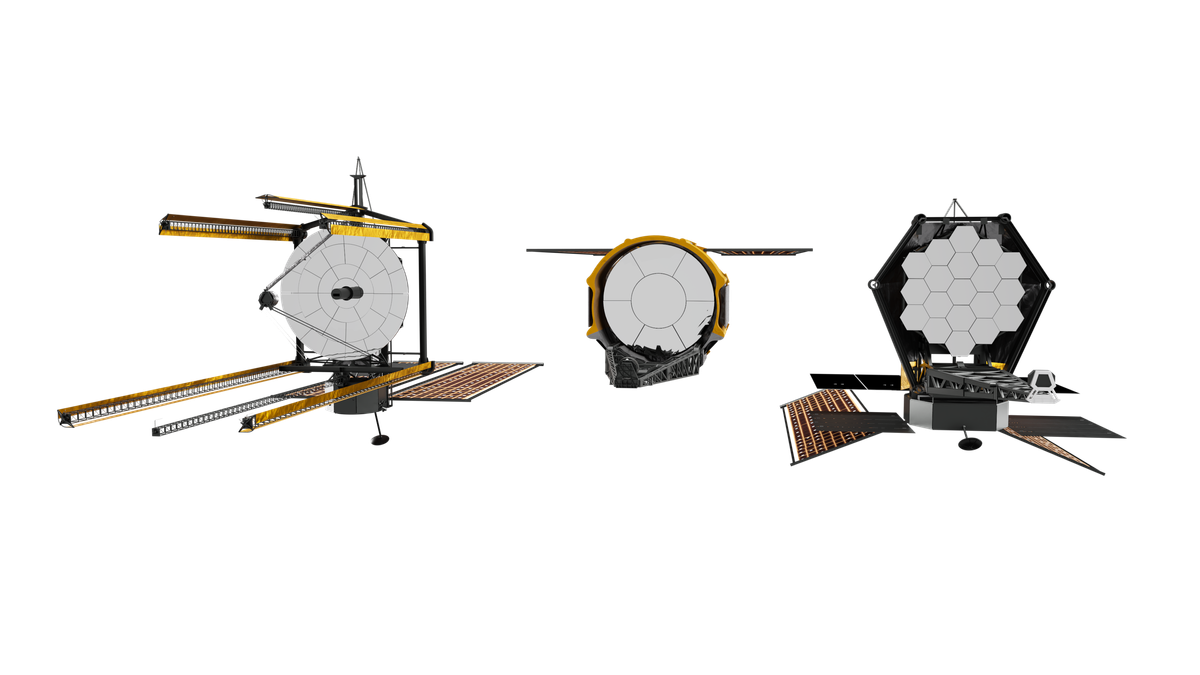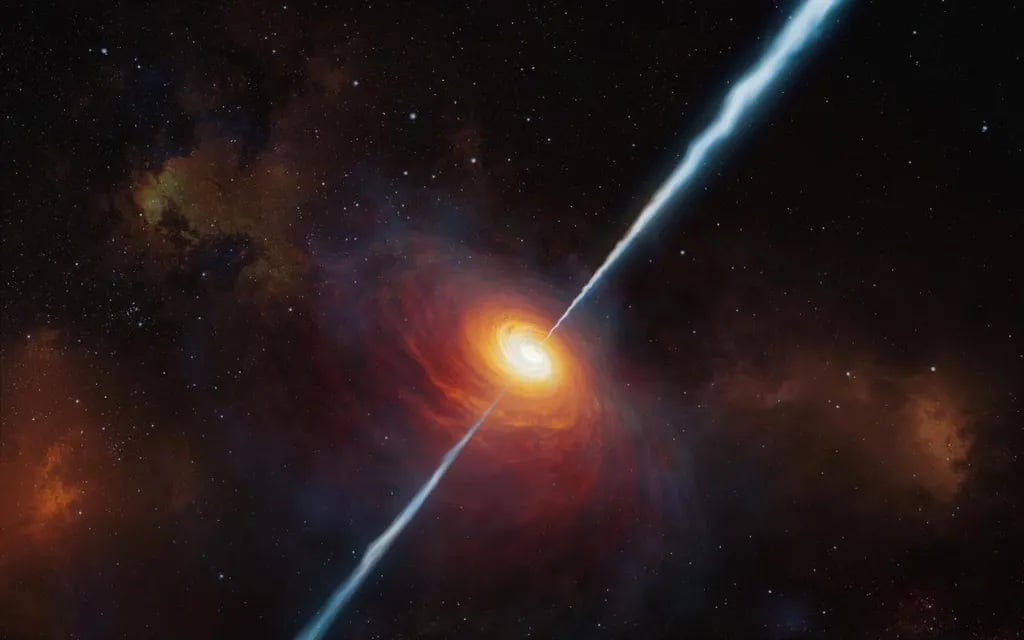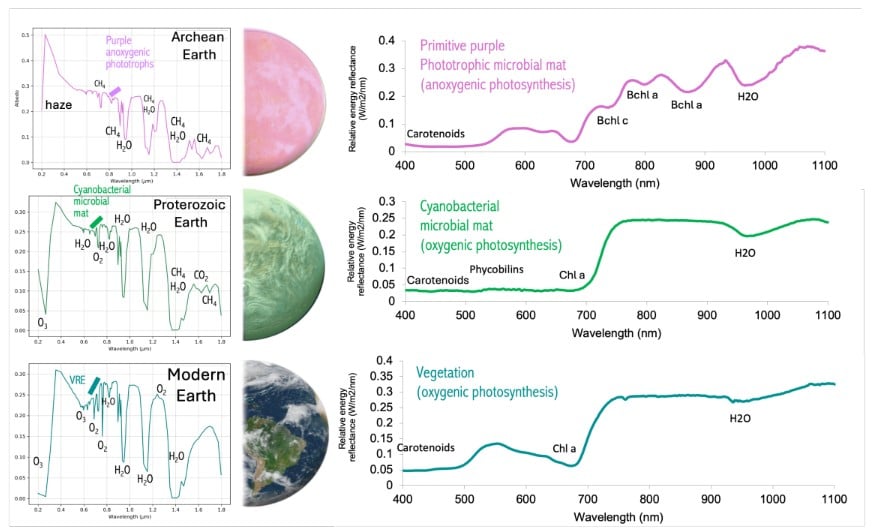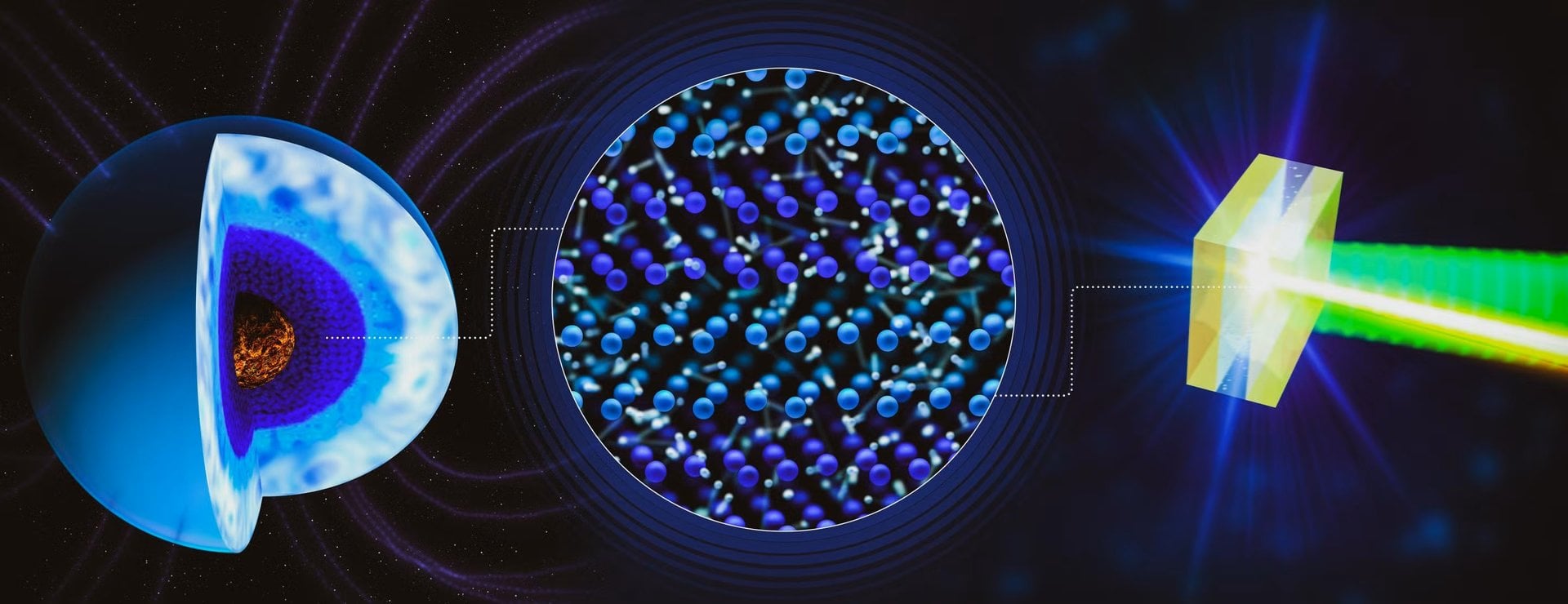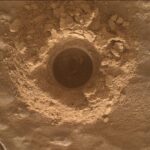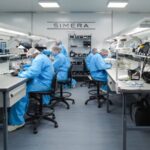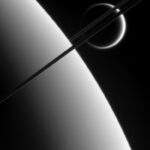A recent study by geophysicists at Washington State University offers insight into how nutrients may reach the subsurface ocean of Europa, one of Jupiter’s moons and a leading candidate for
We recently discussed the different types of worlds that the Habitable Worlds Observatory (HWO) is expected to find that might have noticeable biosignatures. However, no matter how good the instrumentation
By analyzing the data from ESA’s Gaia satellite, Chinese astronomers have investigated the structure of a nearby open cluster known as NGC 752. The new study identified four substructures and
Astronomers at the University of Warwick have discovered that black holes don’t just consume matter—they manage it, choosing whether to blast it into space as high-speed jets or sweep it
One of the most stubborn issues in cosmology today concerns the universe’s rate of expansion. Scientists know it’s expanding, but defining the rate of that expansion is challenging. The rate
For the first time in 25 years of continuous crewed operations, an astronaut has been medically evacuated from the International Space Station (ISS). The Crew-11 mission ended when a SpaceX
Additive manufacturing, more commonly known as 3D printing, will be an absolutely critical technology for any long-term settlement on another world. Its ability to take a generic input, such as
The early stage of giant telescope development involves a lot of horse-trading to try to appease all the different stakeholders that are hoping to get what they want out of
Inside the cores of ice giant planets, the pressure and temperature are so extreme that the water residing there transitions into a phase completely unfamiliar under the normal conditions of
NASA on Saturday rolled out its towering SLS rocket and Orion spacecraft as it began preparations for its first crewed mission to the moon in more than 50 years.
-
 01Two Black Holes Observed Circling Each Other for the First Time
01Two Black Holes Observed Circling Each Other for the First Time -
 02From Polymerization-Enabled Folding and Assembly to Chemical Evolution: Key Processes for Emergence of Functional Polymers in the Origin of Life
02From Polymerization-Enabled Folding and Assembly to Chemical Evolution: Key Processes for Emergence of Functional Polymers in the Origin of Life -
 03Astronomy 101: From the Sun and Moon to Wormholes and Warp Drive, Key Theories, Discoveries, and Facts about the Universe (The Adams 101 Series)
03Astronomy 101: From the Sun and Moon to Wormholes and Warp Drive, Key Theories, Discoveries, and Facts about the Universe (The Adams 101 Series) -
 04Φsat-2 begins science phase for AI Earth images
04Φsat-2 begins science phase for AI Earth images -
 05Hurricane forecasters are losing 3 key satellites ahead of peak storm season − a meteorologist explains why it matters
05Hurricane forecasters are losing 3 key satellites ahead of peak storm season − a meteorologist explains why it matters -
 06Thermodynamic Constraints On The Citric Acid Cycle And Related Reactions In Ocean World Interiors
06Thermodynamic Constraints On The Citric Acid Cycle And Related Reactions In Ocean World Interiors -
 07Binary star systems are complex astronomical objects − a new AI approach could pin down their properties quickly
07Binary star systems are complex astronomical objects − a new AI approach could pin down their properties quickly


